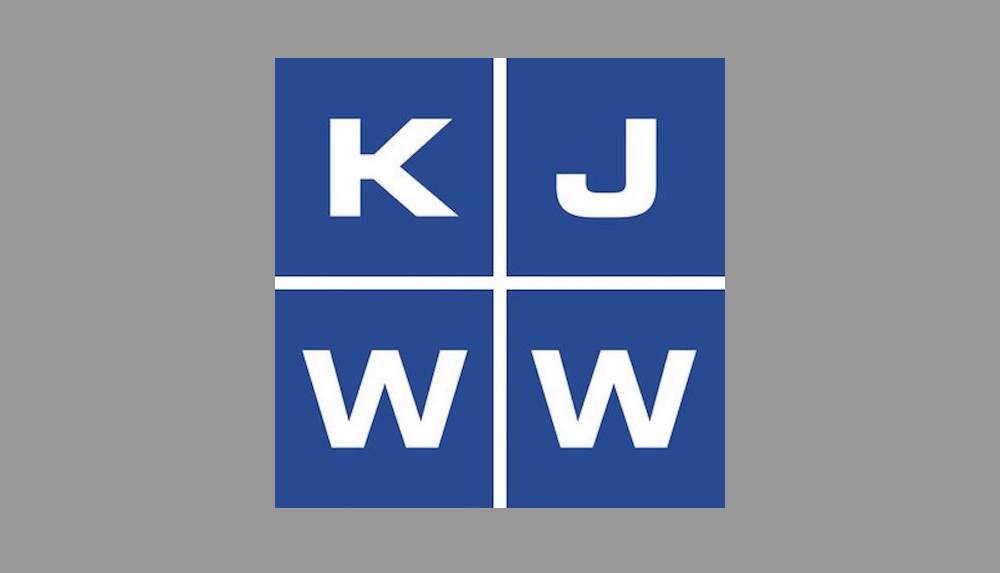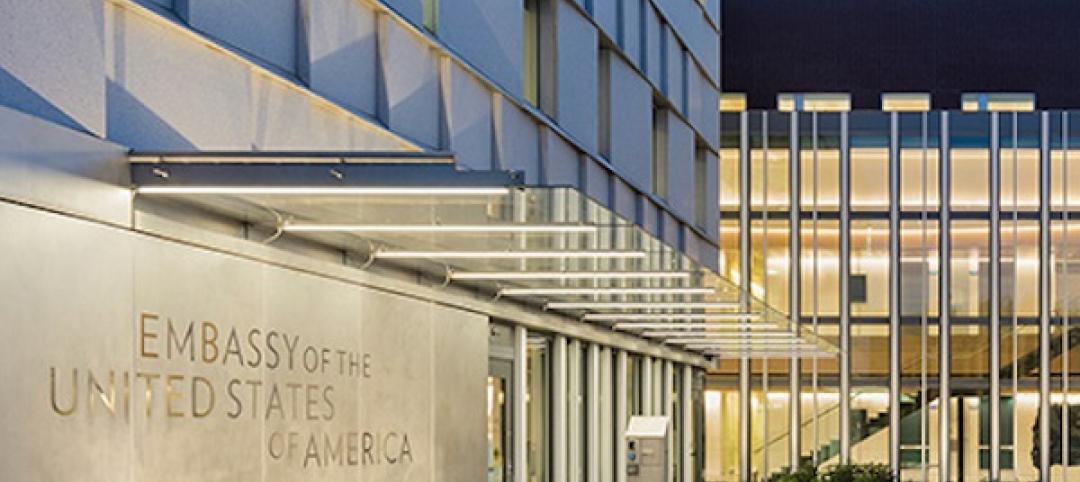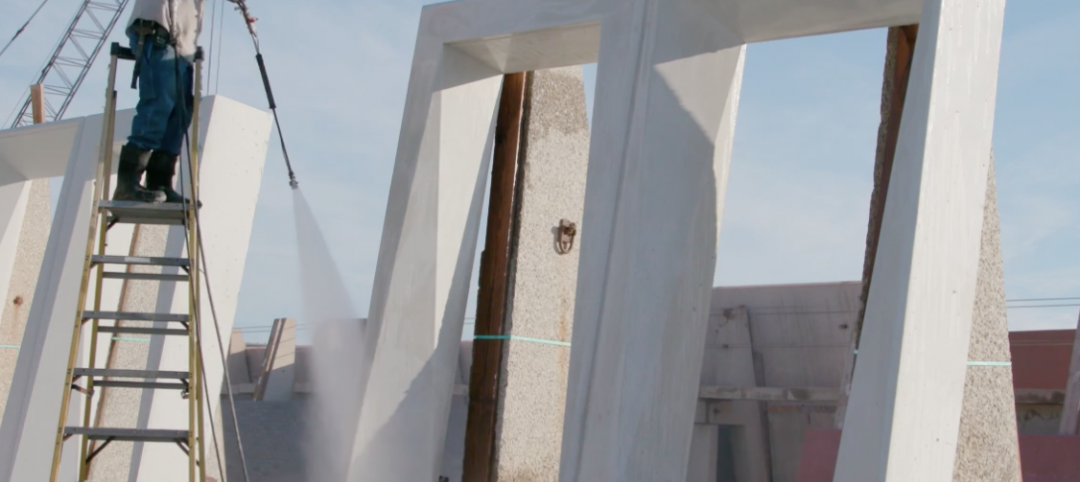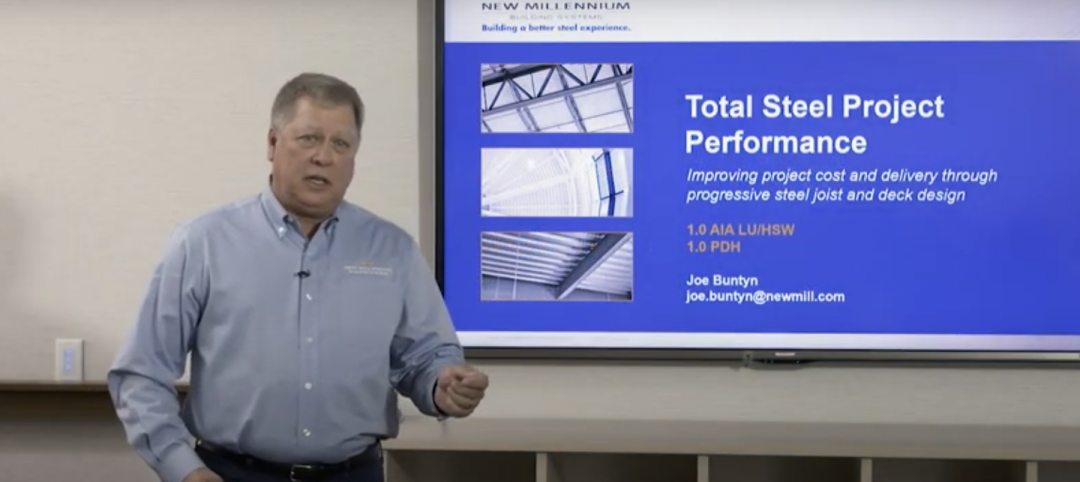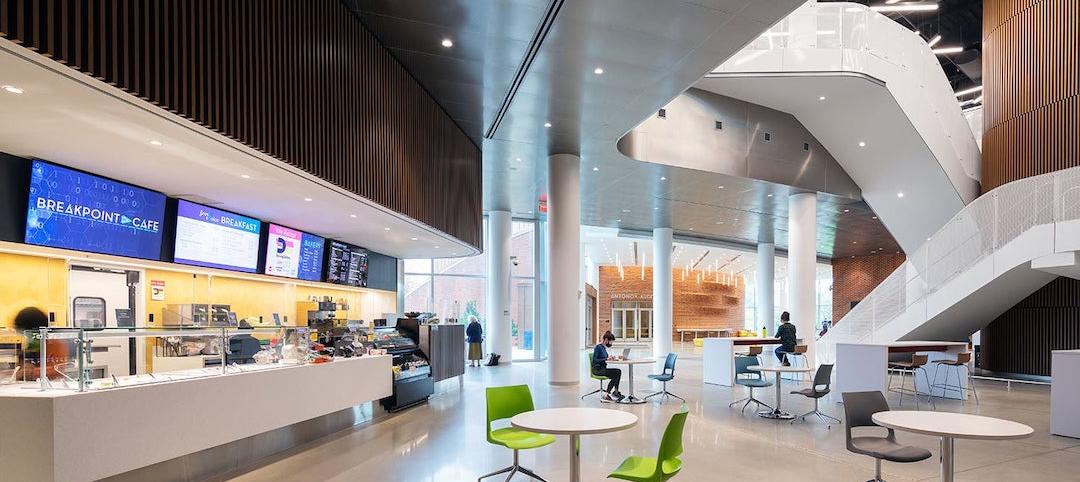The KJWW Engineering Consultants division of IMEG Corp. has expanded its footprint in the state of Michigan by merging with FES Group, a facility engineering services and architectural firm based in Wixom, Mich., with 25 employees.
KJWW, based in Quad-Cities, Ill., was already one of the country’s largest engineering firms specializing in high-performance building systems, infrastructure, and construction-related services.
The acquisition comes seven months after KJWW and TTG Engineers merged and formed IMEG Corp., a holding company that owns both engineering firms, headquartered in the Quad-Cities. The two U.S.-based firms operate independently and have retained their original names. Together, they have a global footprint of nearly 1,000 employees. With the addition of FES Group, IMEG will have 26 national offices as well as six international locations, according to the Quad City Times.
The merger was finalized on May 1. Its terms were not disclosed.
FES’s services include Structural, Mechanical, and Electrical Engineering, Architectural Engineering, and BIM modeling. Its website says that FES operates a branch office in Auburn Hills, Mich., suburb of Detroit. Its primary markets include commercial, healthcare, R&D, and industrial.
Paul VanDuyne, KJWW’s President, stated that the merger with FES Group gives his company a stronger presence in Michigan. He lauded FES’s technical prowess, attention to high-quality design, and client-centric focus. “FES Group’s strength in the automotive industry brings added value to KJWW’s extensive industrial and process portfolio and expertise.”
FES Group, which was formed in 2002, will operate as FES/KJWW, at least for now, and the Wixom office will remain open. Joe Droze, FES Group’s President, is staying on to run that office as a principal with KJWW. In a statement, Droze said he was impressed with KJWW’s reputation, national recognition for sustainable design, and education/training programs.
On the sustainable front, KJWW has engineered more than 150 LEED-certified projects in a wide range of sectors including aviation, corrections, education, entertaining, mission critical, science and technology, and sports and recreation.
Aside from its offices across the U.S., KJWW has locations in Dubai, India, and Lebanon.
Related Stories
Sponsored | Reconstruction & Renovation | Jan 25, 2022
Concrete buildings: Effective solutions for restorations and major repairs
Architectural concrete as we know it today was invented in the 19th century. It reached new heights in the U.S. after World War II when mid-century modernism was in vogue, following in the footsteps of a European aesthetic that expressed structure and permanent surfaces through this exposed material. Concrete was treated as a monolithic miracle, waterproof and structurally and visually versatile.
Urban Planning | Jan 25, 2022
Retooling innovation districts for medium-sized cities
This type of development isn’t just about innovation or lab space; and it’s not just universities or research institutions that are driving this change.
Sponsored | Resiliency | Jan 24, 2022
Norshield Products Fortify Critical NYC Infrastructure
New York City has two very large buildings dedicated to answering the 911 calls of its five boroughs. With more than 11 million emergency calls annually, it makes perfect sense. The second of these buildings, the Public Safety Answering Center II (PSAC II) is located on a nine-acre parcel of land in the Bronx. It’s an imposing 450,000 square-foot structure—a 240-foot-wide by 240-foot-tall cube. The gleaming aluminum cube risesthe equivalent of 24 stories from behind a grassy berm, projecting the unlikely impression that it might actually be floating. Like most visually striking structures, the building has drawn as much scorn as it has admiration.
Sponsored | Resiliency | Jan 24, 2022
Blast Hazard Mitigation: Building Openings for Greater Safety and Security
Coronavirus | Jan 20, 2022
Advances and challenges in improving indoor air quality in commercial buildings
Michael Dreidger, CEO of IAQ tech startup Airsset speaks with BD+C's John Caulfield about how building owners and property managers can improve their buildings' air quality.
3D Printing | Jan 12, 2022
Using 3D-printed molds to create unitized window forms
COOKFOX designer Pam Campbell and Gate Precast's Mo Wright discuss the use of 3D-printed molds from Oak Ridge National Lab to create unitized window panels for One South First, a residential-commercial high-rise in Brooklyn, N.Y.
Engineers | Jan 12, 2022
Private equity: An increasingly attractive alternative for AEC firm sellers
Private equity firms active in the AEC sector work quietly in the background to partner with management, hold for longer periods, and build a win-win for investors and the firm. At a minimum, AEC firms contemplating ownership transition should consider private equity as a viable option. Here is why.
Sponsored | BD+C University Course | Jan 12, 2022
Total steel project performance
This instructor-led video course discusses actual project scenarios where collaborative steel joist and deck design have reduced total-project costs. In an era when incomplete structural drawings are a growing concern for our industry, the course reveals hidden costs and risks that can be avoided.
University Buildings | Jan 11, 2022
Designing for health sciences education: supporting student well-being
While student and faculty health and well-being should be a top priority in all spaces within educational facilities, this article will highlight some key considerations.
Green | Jan 10, 2022
The future of regenerative building is performance-based
Why measuring performance results is so critical, but also easier said than done.


